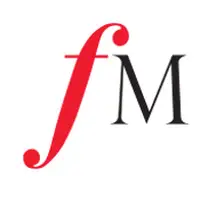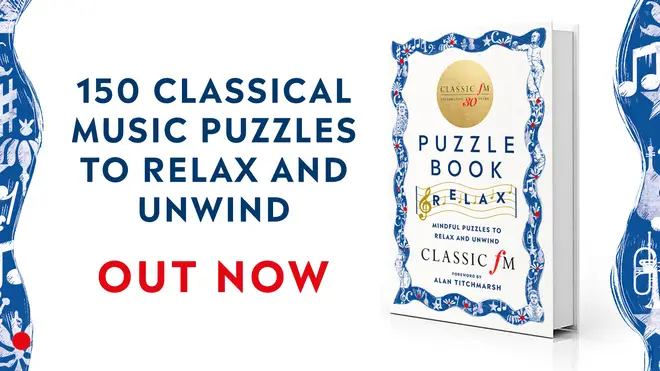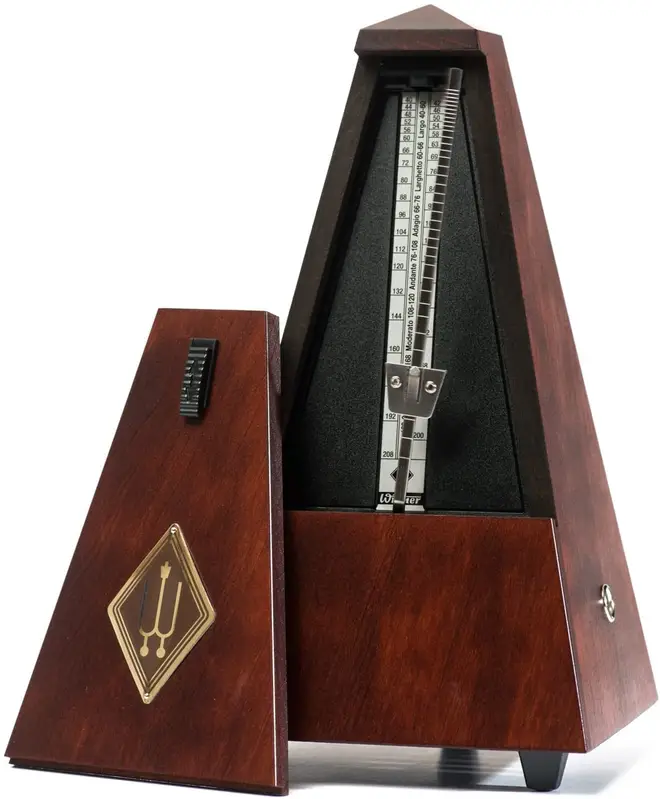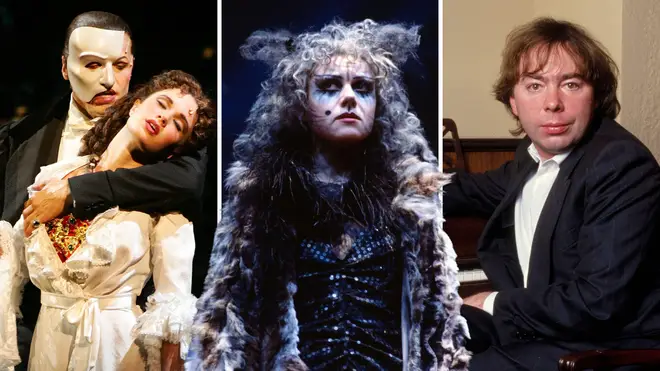6 December 2024, 10:55 | Updated: 9 December 2024, 17:38

Looking for the ideal classical music gift? Look no further than these music books, puzzles and more – suitable for the whole family.
As draws ever nearer, our minds are starting to turn to those empty stockings.
If you’re after some Christmas gift ideas for the classical music fan in your life, be they young or old, we are here to help. Happy Christmas shopping...
Great Composers jigsaw
20 composers are featured in our charity jigsaw puzzle. Picture: Classic FM Featuring 20 of the world’s beloved composers, Classic FM’s Great Composers jigsaw is the perfect Christmas pastime. We teamed up with UK artist and illustrator Sam Osborne to create this exclusive limited edition jigsaw, with beautiful designs of Bach and Price, Coleridge-Taylor and Beethoven.
to find out more and buy a copy now.
The Very Young Person’s Guide to Christmas Carols
The Very Young Persons Guide to Christmas Carols. Picture: Classic FM / DK Learn about the music and stories of Christmas carols in the third book of The Very Young Person’s Guide To… series.
Follow our heroes as they explore beautiful scenes inspired by some of the best-loved Christmas carols including ‘Silent Night’, ‘Once In Royal David’s City’, and ‘O Holy Night’. Original illustrations capture the beautiful story of the carols, while the sound button brings the iconic music pieces to life.
to find out more or buy a copy now.
The Very Young Person’s Guide to Classical Music Collection
The Very Young Person’s Guide to Classical Music Collection. Picture: Classic FM Classic FM’s interactive book collection, which now comprises an introduction to the orchestra, the ballet, and to the world of Christmas carols, is the perfect way to explore classical music in a fun and interactive setting – featuring beautiful illustrations, and sound buttons to bring the music to life.
Musical socks
Mozart socks. Picture: Chatty Feet ‘Music is good for your soles!’ claims Chatty Feet, the creator behind these lovely Mozart socks. You can either chop and change with their ‘Beethwoven’ foot warmers, for a fuller classical-themed present.
to buy Mozart socks.
The Classic FM Puzzle Book – Relax
Classic FM Puzzle Book – Relax. Picture: Octopus Publishing / Classic FM The Classic FM Puzzle Book – Relax is a new collection of mindful puzzles to help you relax and unwind, released on 6 October 2022 in celebration of Classic FM’s 30 years of broadcasting. Featuring a foreword by national treasure and Classic FM’s very own presenter, , The Classic FM Puzzle Book – Relax blends together basic trivia, devilish wordplay, and a range of visual teasers.
to find out more and buy a copy now.
The Classic FM Puzzle Book 365
The Classic FM Puzzle Book 365. Picture: Classic FM Do you know your Chopin from your Schubert? Your concerto from your cadenza?
The Classic FM Puzzle Book 365 will sharpen your musical knowledge with a fun and stimulating puzzle to challenge and entertain you every single day of the year.
From quizzes to word-searches, logic tests to missing symbols, our classical music experts have created a compendium of 365 puzzles to keep you guessing the whole year round.
to find out more and buy a copy now.
Classic FM Pet Bandana
Classic FM Pet Bandana. Picture: Classic FM Dress your furry friend in style with our special Classic FM all-over print bandana, which can also be used as a headband, necktie, or armband. Suitable for both humans and animals...
to find out more and buy a copy now.
Limited Edition Classic FM mug
Classic FM mug. Picture: Classic FM This commemorative, limited edition Classic FM mug is made from fine bone china and is the perfect way to enjoy a cup of tea and relax.
to find out more and buy yours now.
Great Composers notebook
Our Great Composers collection includes a jigsaw, greetings cards and a notebook. Picture: Classic FM Spend every day in the company of Bach, Brahms, Clara Schumann and more, with our ‘Great Composers’ notebook – a wonderful gift for your organised musical friends.
to find out more or place an order now.
Bonus gift... a classic metronome
Wittner Metronome. Picture: Amazon Help your muso friends keep time this Christmas, with a beautiful mahogany coloured metronome. Wittner does this lovely piece, which has an antique look.



























